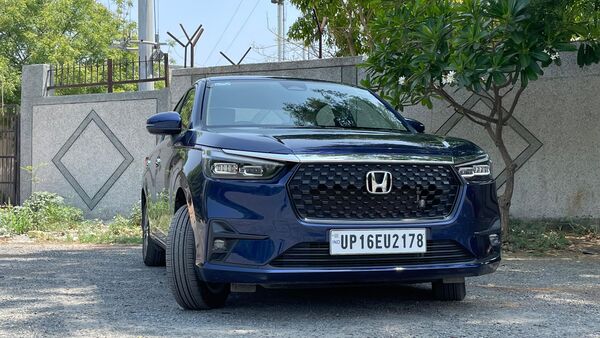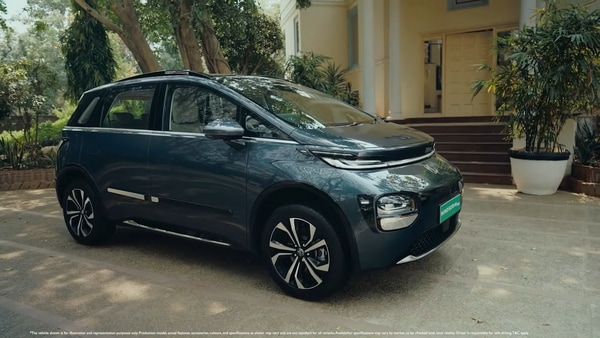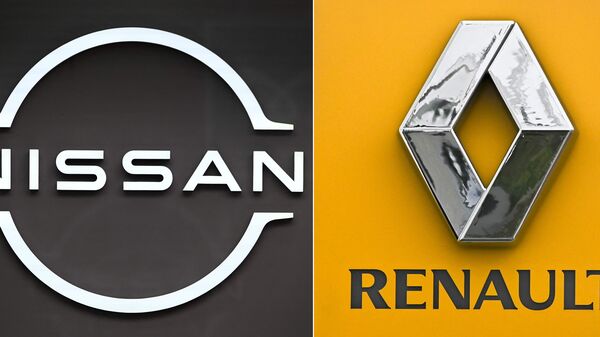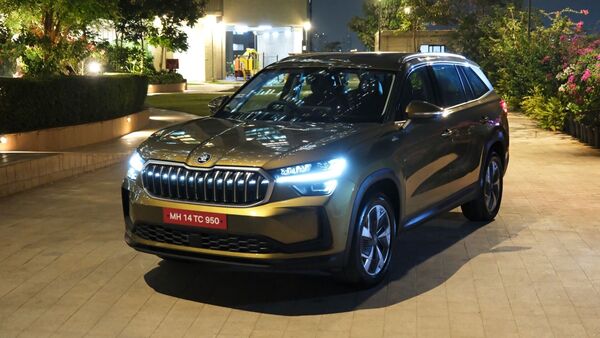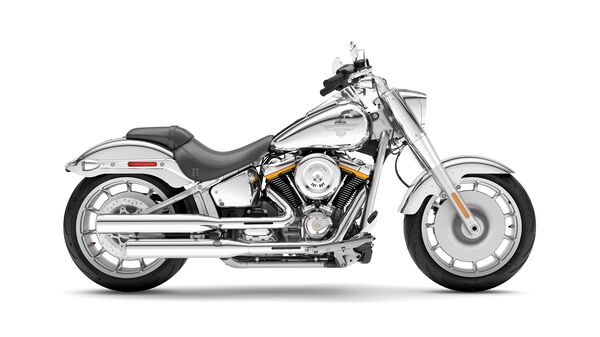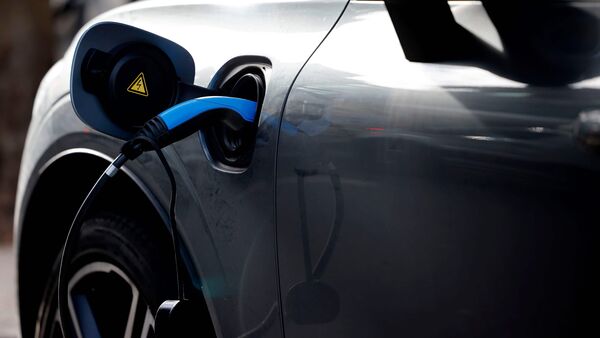
The EV dream fades as automakers globally hit brakes
9 months ago | 113 Views
The automotive industry is in the middle of a sea change, as car makers wrestle with how to chart a course toward an electric future. Once-ambitious electrification targets now are being tempered into reality by consumer behaviour, infrastructure limitations, and economic pressures.
It was only a few years ago when many carmakers were promising to phase out internal combustion engines (ICE) within a decade, ushering in the EV revolution. Now, this optimistic forecast is under attack.
Audi, once seen as leading the charge into the premium EV segment, has now become the latest carmaker to realise that internal combustion engines have a little more life left. From its previous goal of going all-electric by 2033, the company is said to review this earlier commitment and may retain combustion engines in its lineup beyond that date. This stems from the fact that the implementation of the EU's plan to ban new ICE car sales by 2035 could be delayed.
Even Audi's parent company, Volkswagen Group, isn't immune to such pressures. The ultra-performance marque, Porsche, has conceded that the roadmap to EVs is taking a little longer than it had hoped. Sure, it's still committed to an electrified future, but the Porsche Cayenne will still be fitted with its V8 well into the 2030s. Bentley – another VW subsidiary – delayed its EV on-sale date and prolonged ICE production.
Wider industry trend
This trend of delayed electrification doesn't end with luxury brands. Volvo, formerly an outspoken advocate for EVs, said it wouldn't dismiss the possibility that ICE vehicles will live past 2030. Mercedes-Benz also pared back its electrification ambitions, saying a more cautious shift was required.
Now even Ford, one of the top mass-market manufacturers, has conceded that a previous objective to sell only electric passenger cars in Europe by 2030 was unrealistic. The world's biggest carmaker, Volkswagen, is reportedly contemplating a life extension of the current generation of the Golf with a combustion engine.
The EV conundrum
The challenges before the car manufacturers are quite multifarious. Regulatory pressures and consumer demand for sustainable mobility drive them toward electrification, while on the other hand, high costs for EVs, a limited charging infrastructure, and clear consumer preference for traditional cars makes things tough to execute.
Toyota has been vocal about aggressive EV adoption, pounding the hybrid drum, and carbon-neutral fuels. Indeed, it believes EVs will never be the mainstream product, and that a multi-pathway approach is needed to achieve sustainability goals.
Balancing act
As the carmakers balance through this complex landscape, they find themselves torn between investing in electric technology for the future while keeping the companies profitable in the present. The extension of the ICE production timeline would provide some flexibility that may enable resource re-orientation and risk mitigation more effectively.
The long-term vision, however, remains clear: electrification is a fait accompli. Not whether it but how fast and seamless the transition will be is the question. The immediate priority of carmakers henceforth will, therefore, be to strike a delicate balance between short-term survival and long-term sustainability.
Ultimately, the electrification pace will be based on a mix of technological development and government policies that are progressively developed in reaction to consumer acceptance, but probably most importantly, economic factors. The road to zero emission clearly is going to be more difficult and complicated than initially thought as the industry continues to evolve.
Read Also: Tata Safari and Harrier attract massive discounts in August 2024
#

